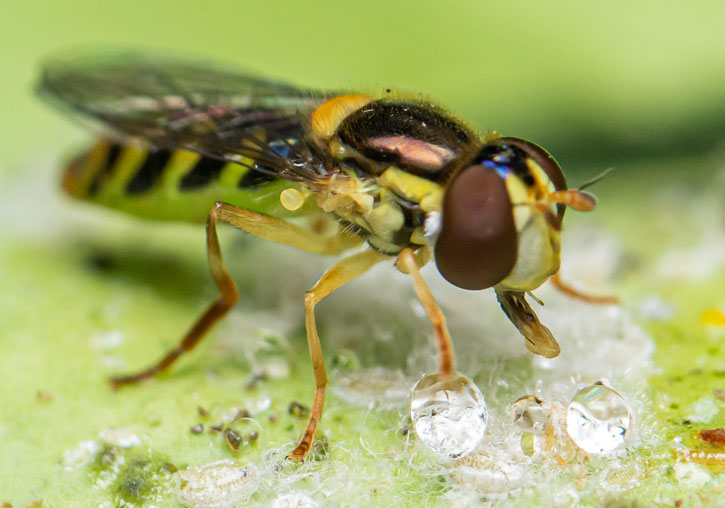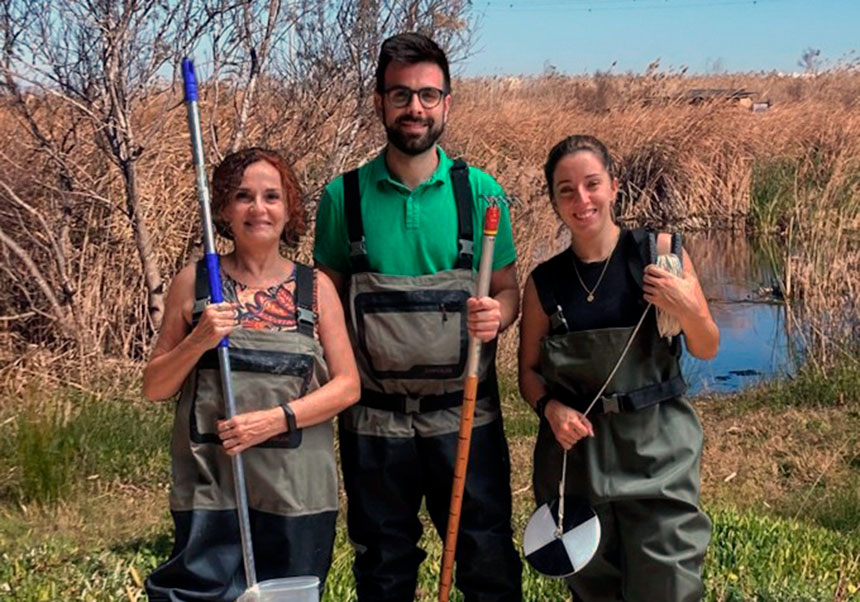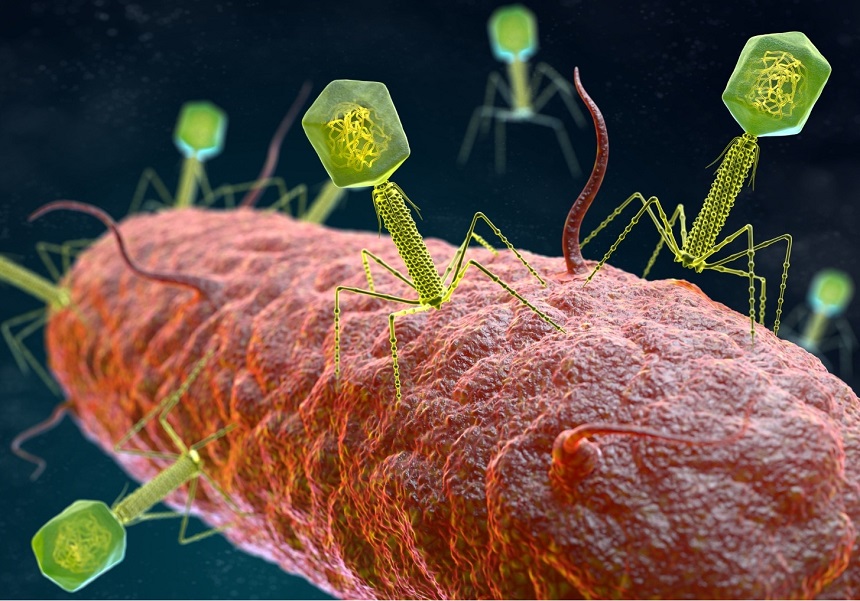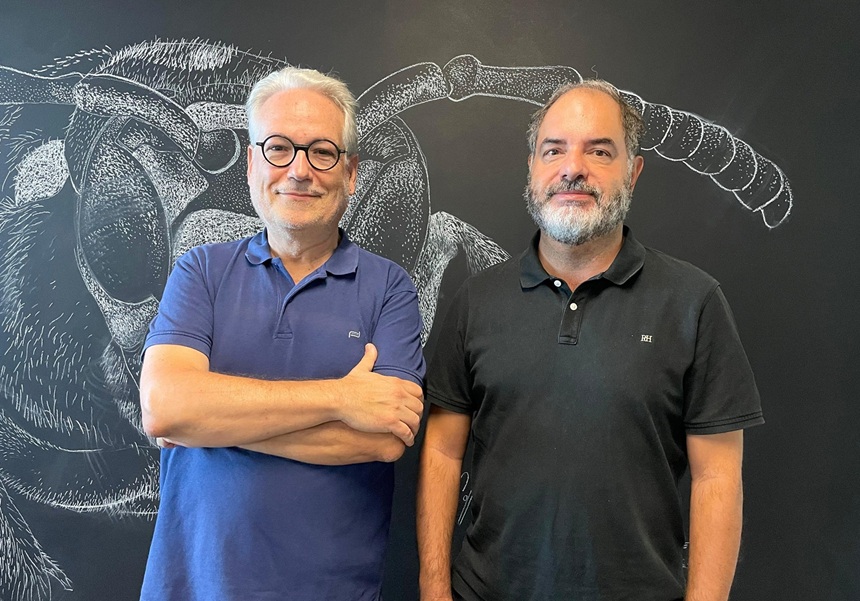Two insecticides recommended in pest management negatively affect beneficial insects through honeydew
- Scientific Culture and Innovation Unit
- September 29th, 2020

A study by the University of Valencia (UV), the CSIC, the CIDE (Desertification Research Centre) and the Valencian Institute for Agrarian Research (IVIA) shows that pymetrozine and flonicamide, two insecticides recommended in some integrated management programs pests (GIP), can negatively affect biological control agents when they feed on honeydew. The work, applied to citrus fruits, has been published in the journal Environmental Pollution.
Categories: Investigació a la UV , Recerca, innovació i transferència , Facultat de Farmàcia , Facultat de Ciències Biològiques , Internacionalització recerca , Grups de recerca , Difusió i comunicació científica
Other News

The constructed wetlands of La Pipa and L’Illa reduce pesticide and heavy metal pollution in the Albufera of Valencia

Scientists develop AI tool to read the “code” of bacterial viruses and design personalised phage treatments

I2SysBio researchers propose how to bridge the gap between the origin of life and the metabolism of the last universal common ancestor
















